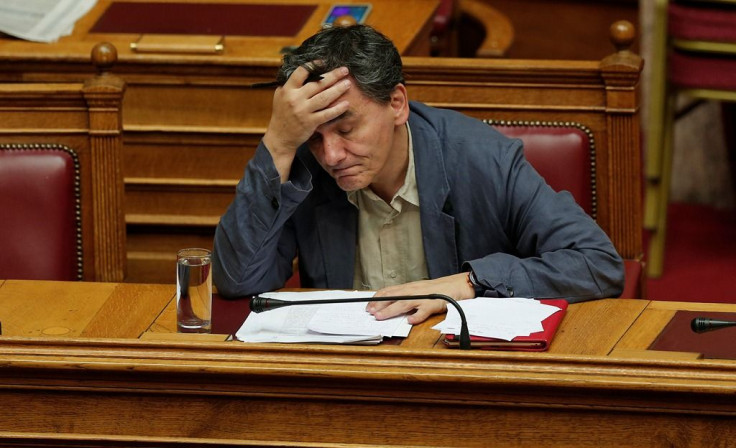Russia Asks Other Countries To Learn From Greece Situation

Russia said that Greece’s crisis was a lesson for other countries. According to Russia’s Finance Minister Anton Siluanov, the situation in Greece shows that economic reforms should be well-timed.
The European Union and the International Monetary Fund granted bailout loans worth €240 billion to Greece in two instances since 2010. The current sovereign debt of the country is more than €315 billion, which is 175 per cent of its GDP.
Siluanov said that other countries could learn from Greece’s case. “Obviously, structural reforms should be timely implemented to make their implementation painless, which is not the case with Greece now,” Tass quoted the Russian finance minister, “It is necessary to be responsible when dealing with the budget, finances and when making policies.”
Meanwhile, Chancellor Angela Merkel’s tough stance for Greece has not been received well in her own country. According to German news website Spiegel Online, the government has “destroyed seven decades of post-war diplomacy on a single weekend,” Al Jazeera reported.
According to Sueddeutsche Zeitung, Germany has revived the “image of the ugly, hard-hearted and stingy German.” Two and three times of the money saved from not aiding Greece should be spent to polish the image again in the years to come, the center-left daily reported.
A BBC survey in 2013 showed that Germany was the most popular country in the world. Germany’s “bad cop” stance for Greece could not, however, stop the eurozone from reaching an agreement on the third aid program for Greece, which has promised to carry out reforms in return. The third financial package will be up to €90 billion for three years.
© Copyright IBTimes 2024. All rights reserved.











